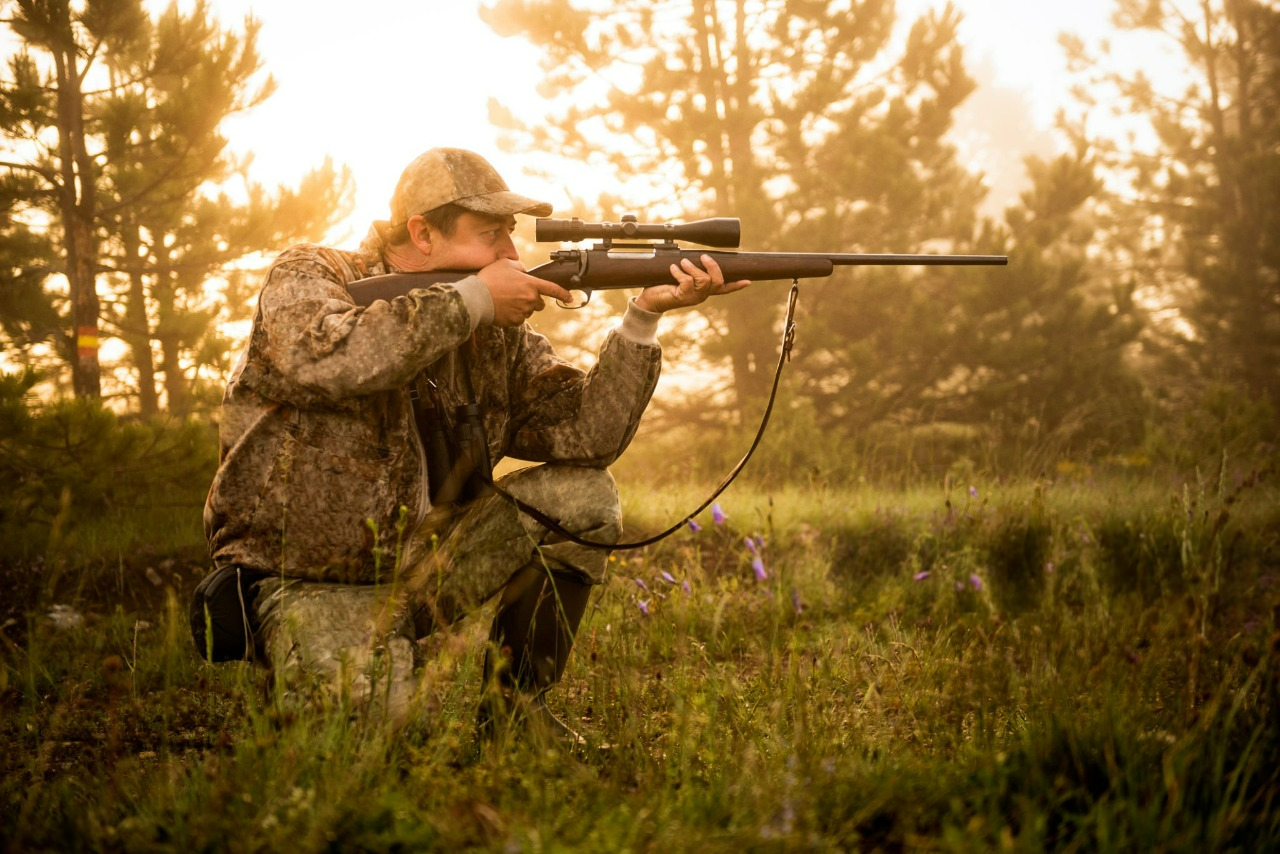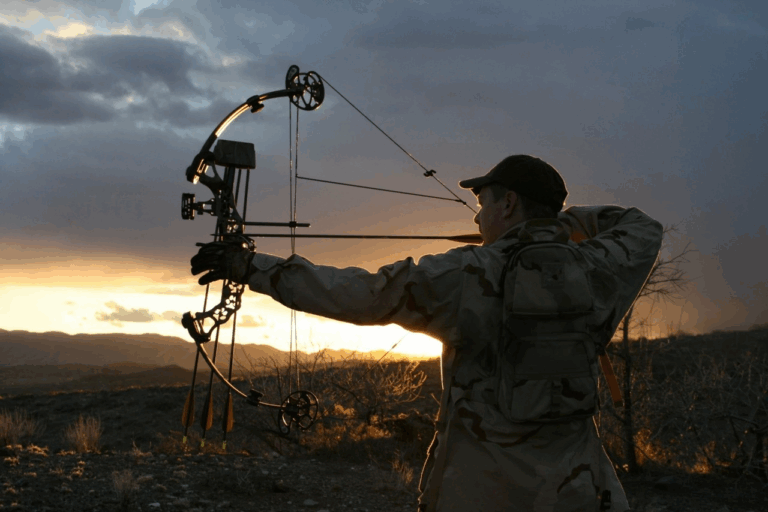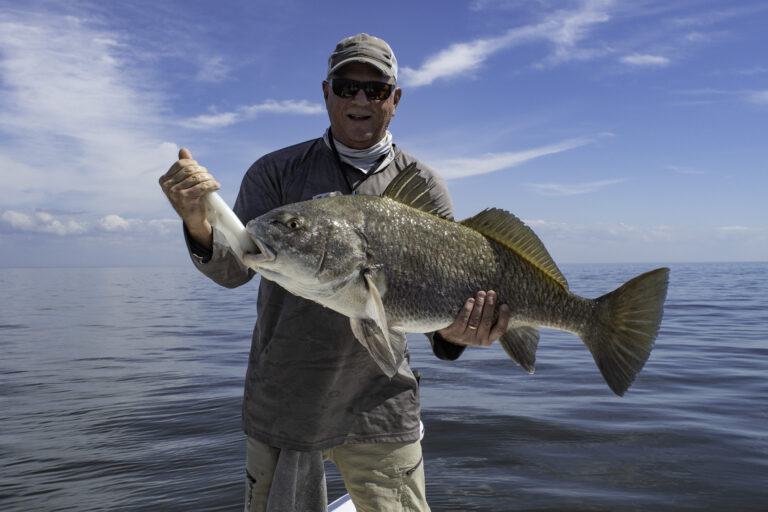
Introduction: Boots Built for the Hunt, Not Just the Hike
When you’re in the field before dawn, miles deep into dense woods, or tracking in icy marshland, you can’t afford to second-guess your boots. That’s why serious hunters invest in footwear that’s built to last—and designed to perform. If you’re looking for durable, insulated, and waterproof hunting boots that won’t blow your gear budget, Hisea hunting boots deserve a close look.
In this in-depth guide, we break down what sets Hisea huntingboots apart, who they’re best for, and how they hold up in the real wild.
1. Who Are Hisea Hunting Boots Made For?
These boots are crafted for:
- Whitetail and turkey hunters who need warmth during long sits
- Waterfowlers navigating muddy blinds and flooded timber
- Upland game hunters moving fast over mixed terrain
- Outdoor workers needing rugged boots with all-day comfort
Whether you’re tree stand hunting or hiking for miles with gear in tow, Hisea huntingboots are designed to balance comfort, protection, and affordability.
2. Key Features That Matter in the Field
✅ 100% Waterproof Protection
Built with 5mm neoprene and a flexible rubber overlay, these boots completely seal out moisture. Rain, snow, or ankle-deep marsh water? No problem.
✅ Insulated Warmth
Most Hisea hunting boot models come with 800g to 1600g of Thinsulate™ insulation, depending on the style—ideal for mid to late-season hunts in cold temps.
✅ Comfort Fit Design
With a breathable mesh lining and shock-absorbing midsoles, you’ll notice less fatigue, even after covering long distances on foot.
✅ Aggressive Outsoles
Deep lug patterns offer serious traction in slippery or uneven conditions—mud, rocks, brush, or snow. The grip is stable and confidence-boosting.
✅ Reinforced High-Wear Zones
Heel and toe areas are reinforced to stand up to abuse from brush, rocks, and regular kneeling or climbing.
3. Field Performance: Tested Across Terrain
Hunters across the U.S. have worn Hisea boots in:
| Terrain Type | Performance Summary |
|---|---|
| Swamps/Wetlands | Excellent waterproofing and warmth retention |
| Wooded trails | Good ankle support and quiet when walking |
| Snow/Slush | Reliable grip and insulation, even sub-freezing |
| Hills/Rocky | Impressive stability and shock absorption |
These aren’t just for dry woods. Hisea’s huntingboots excel in unpredictable, rough, and wet conditions—where many general-purpose boots fail.
4. Real Hunters, Real Feedback
“I wore mine through two weeks of late-season deer hunting in Wisconsin. Feet stayed dry and warm every single day.”
— Mark S., Wisconsin
“Slipped into a flooded field and thought I was screwed—no water got in. That’s when I knew these were keepers.”
— Rob D., Arkansas
“Honestly, for the price? These outperformed my last $200 pair.”
— Jared M., Georgia
5. Pros & Cons: Honest Breakdown
👍 Pros
- Budget-friendly without compromising core features
- Insulated for true cold-weather hunts
- Fully waterproof construction
- Easy to clean after muddy outings
- Excellent traction in various terrains
👎 Cons
- Slightly bulkier than more streamlined upland boots
- Not suited for extreme alpine hunts (e.g., above timberline)
- Limited availability in women’s sizes (check specific models)
6. Sizing & Fit Advice
Hisea hunting boots generally run true to size, though if you plan on wearing extra-thick wool socks, sizing up half a size might be ideal. The neoprene upper provides a snug yet flexible fit, and break-in time is minimal—just a day or two of casual wear does the trick.
7. Final Verdict: Are Hisea Hunting Boots Worth It?
For under $100 in most cases, Hisea huntingboots offer outstanding value. You’re getting serious cold-weather protection, rugged waterproofing, and reliable traction—without the usual brand-name price markup.
They’re a smart investment for:
- Budget-conscious hunters
- Weekend warriors
- Young or new hunters building their gear kit
- Veterans who want a secondary or backup pair that still performs
If you’re looking for a dependable pair of hunting boots to carry you through mud, snow, and the unexpected—Hisea delivers.












Leave a Comment